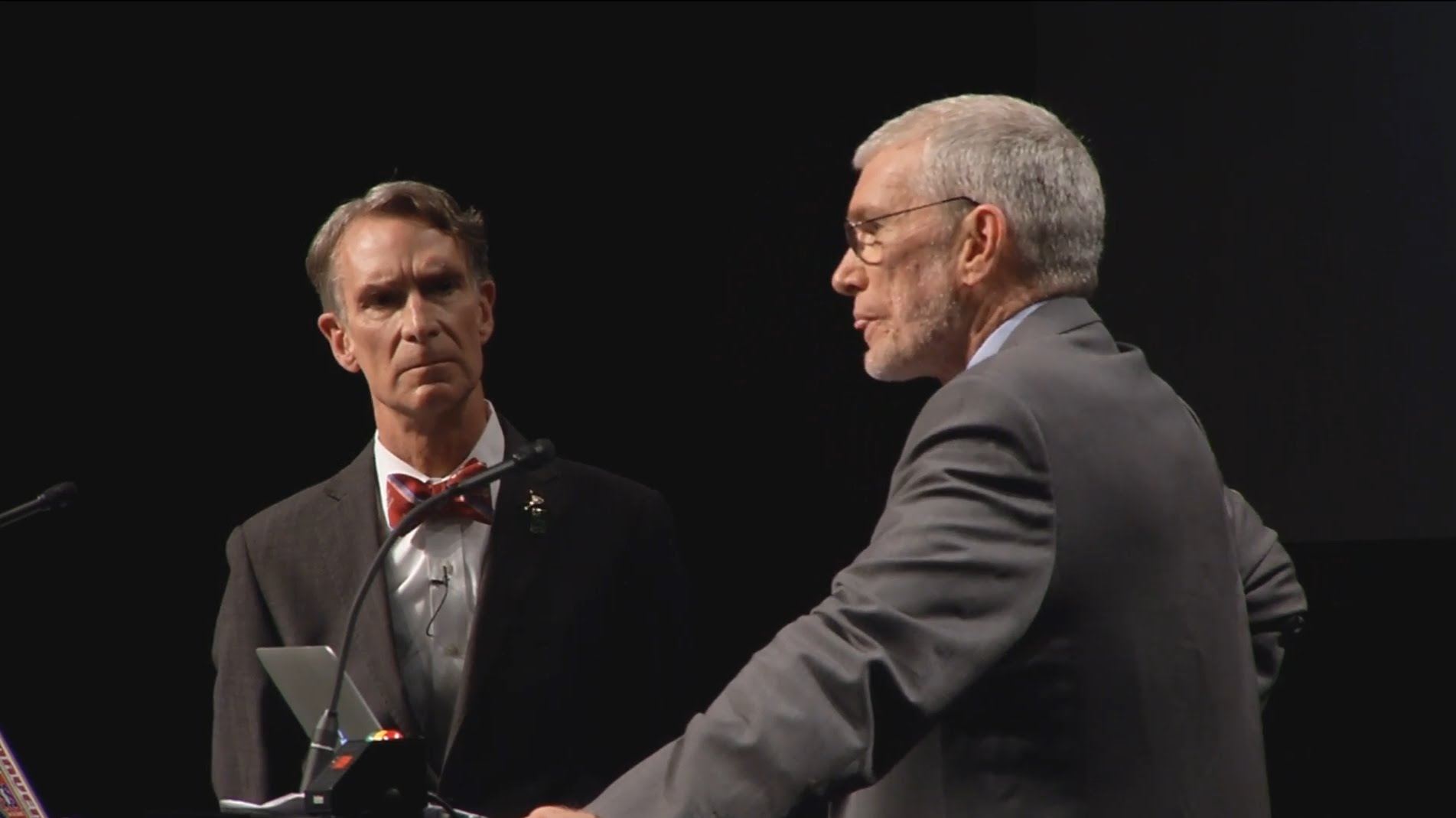
Some advice for non-scientists on how to talk about science and faith
Posted at 10:00 on 22 January 2018
In my advice to pastors on how to handle science, I cautioned against allowing anyone with no scientific training to teach about science in your church. This advice needs some qualification.
It is possible for a non-scientist to discuss and teach about science responsibly in church. I've found that people with theology degrees are often particularly good at this, no doubt thanks to the fact that any theology degree worth its salt will include a course specifically about science and faith in its curriculum. Similarly, it is also possible for a trained scientist to make a complete pig's ear of it — especially if they are attempting to discuss subjects outside their areas of expertise, without carefully researching them first. Engineers in particular are especially prone to this.
The challenge: making sure your facts are straight.
The big difficulty for a non-scientist is of course sorting out the facts from the fiction. It's all too easy to hear something that someone has "scienced up" to make it sound plausible, and repeat it without checking it only to find out later that it can be falsified simply by searching Google. On the other hand, it's also equally possible to hear something that is rigorous science, dismiss it as being nothing more than having been "scienced up to make it sound plausible," and end up doing untold damage as a result. Anti-vaxxers and climate change deniers, I'm looking at you.
Even young-earth creationist organisations acknowledge that there are some arguments that are best avoided. Both Answers in Genesis and Creation Ministries International have sections on their websites with lists of arguments that creationists shouldn't use. However, they don't teach you how to identify good and bad arguments for yourself, nor do they adequately teach you how to defend your position when challenged.
You need to understand how science works.
If you have never had any scientific training, the chances are that you have a lot of misconceptions about what science actually is and how it works. For starters, you won't have any idea about the level of rigour involved in scientific discovery, you won't appreciate the role of mathematics and measurement, and you won't have any hands-on experience of the kinds of things that happen when people get their science wrong, let alone having to clear up afterwards and take steps to ensure that it doesn't happen again.
You can not get this kind of understanding from being spoon-fed creation.com and Dr Dino videos. Even if the information in these videos were correct (and it very often isn't), they don't give you any experience of laboratory or field work, nor do they train you in other skills essential to understanding science properly, such as mathematics or computer programming. (Just think: when did you last see a tutorial on partial differential equations or programming in Python on the Answers in Genesis website?)
Nor do they set any exams. Much as you may have hated taking them at school, exams serve a very important purpose: to make sure that you have understood the subject matter correctly, and to highlight any areas that you may need to work on.
So what are you to do?
If you're not scientifically trained, or if you're asked about an area of science outside of your expertise (for example, if you're a physicist being asked about evolution) the best approach is to be honest and admit that you don't know. This will make a far better impression on non-Christians than trying to convince them that you understand what you are talking about when quite clearly you don't.
If you're not satisfied with just admitting that you don't know, or if you're in a position of leadership and find yourself having to answer people's questions, there are two things you can do. First, find a scientist with professional experience in the subject concerned to advise and mentor you. You may know a science teacher in your church, for example; if you don't, then organisations such as Christians in Science (in the UK) or the American Scientific Affiliation (in the USA) may be able to point you in the right direction. The BioLogos forum is also a good place to ask questions and seek advice.
Second, consider getting some formal training in a relevant science subject yourself. A good place to start here is with the free online courses provided by Khan Academy or Coursera. Don't just watch the videos or read the material: take the tests as well. The courses provided by these organisations are free, and you can study them in your own time and at your own pace, while the tests will highlight any areas of the subject matter that you haven't properly understood. They will also give you an idea of whether or not this is something worthwhile for you to pursue further.
When I said that pastors should not allow anyone with no scientific training to teach about science in their churches, my concern was about attitude rather than aptitude. You do not want people in your church to be using "teaching about science" as a pretext for bashing science. To do so will just spread misinformation and confusion, and besides, it is dishonest. But not having a science degree shouldn't necessarily be a deal-breaker. On the other hand, an unwillingness to submit to any kind of formal training or mentoring in the subject, under people who actually know what they are talking about, should.